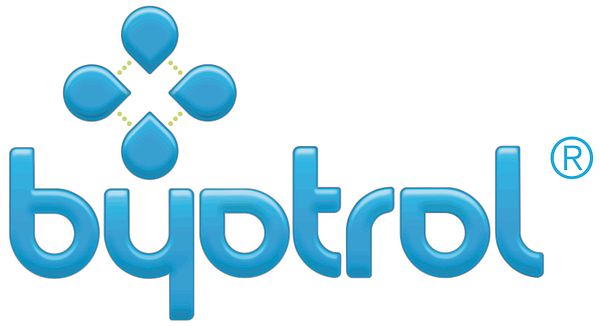Press release -
Hospital superbugs no match for British innovation
Hand hygiene is the single most important measure to prevent cross-transmission of microorganisms and in a healthcare setting, this could well mean the difference between life and death.
Alcohol has been commonly used to sanitise hands in Europe since the 1980’s, but the bacteria are fighting back. Following a 20 year-long study, scientists in Australia have confirmed that strains of vancomycin-resistant enterococcus (VRE), which have developed since 2010 are now 10 times more tolerant to alcohol than they were.
Enterococcal infections that result in human disease can be fatal, particularly those caused by strains of vancomycin-resistant enterococci (VRE). Patients with weakened immune systems are particularly at risk, such as those in intensive-care units, cancer, or transplant wards.
Time for a change
The only option to counteract this threat, is to continue to innovate and adapt formulations to ensure the bacteria are unable to build up resistance. Having relied heavily upon alcohol for over 40 years, it’s becoming more apparent that time is running out to find a product capable of efficacy against not just VRE, but the superbugs of the future.
Of course, alcohol isn’t the only active ingredient which can be used in hand sanitisers, a variety of antimicrobials exist which are suitable for this application. A combination of active constituents is thought to enable a formulation to remain efficacious without bacteria developing resistance. This theory formed a key part of the product development brief for a new product from Byotrol plc, an AIM-listed SME based in the North-West of England.
INVIRTU - Excellence in hygiene
Byotrol’s INVIRTU alcohol-free hand sanitiser, was launched into the UK National Health Service (NHS) last year. It utilises a combination of two active ingredients to provide outstanding efficacy, indeed rigorous testing showed that INVIRTU is capable of killing superbugs vancomycin-resistant Enterococcus (VRE) and carbapenem-resistant Enterobacteriaceae (CRE) in just 30 seconds.
Byotrol’s Research & Development Director, Dr Huw Evans was eager to comment, “A consistent focus on innovation and efficacy in real world situations is absolutely key to our strategy. In a world where microbes are constantly evolving, we are committed to staying at the forefront of biocidal innovation, helping healthcare professionals to save lives.’
Related links
- Following a 20 year-long study, scientists in Australia have confirmed that strains of vancomycin-resistant enterococcus (VRE), which have developed since 2010 are now 10 times more tolerant to alcohol than they were.
- Enterococcal infections that result in human disease can be fatal
- Alcohol has been commonly used to sanitise hands in Europe since the 1980’s,
Topics
- Chemical industry
Categories
- hcai
- hcai's
- vre
- nhs
- alcohol
- hand hygiene
- Hand Sanitizer
- hand sanitiser
- healthcare
- hospital
- superbugs
Regions
- England
Byotrol is dedicated to improving lives around the world by developing and commercialising market-leading, antimicrobial technologies and products for professional and commercial markets - specifically Healthcare, Food Processing and Pet and Vet markets.
Byotrol’s first antimicrobial technology was invented and patented in the 1990’s, with the goal of creating an antimicrobial coating to prevent mould in a bakery. That first product proved to be highly effective, fast-acting and broad-spectrum, but in addition had unique long-lasting germ kill properties, continuing to work long after it had dried.
Since being floated on the UK AIM stock market in 2005, the original Byotrol technology has been used in millions of businesses and homes around the world, helping to prevent infection in hospitals, controlling Listeria in food factories, and cleaning and protecting our homes and families from harmful pathogens.
Our portfolio of technologies and products has grown extensively under our own brands and with carefully selected partners in a variety of applications and markets.
Byotrol’s territories of sale have also grown significantly and our products are now sold and used throughout Europe, North America, South Africa and Asia.
We have invested heavily in scientific excellence, with our team of scientists, product development and regulatory specialists now operating out of outstanding laboratories in the North-West of England, at Thornton Science Park, University of Chester campus.
Byotrol’s on-going innovation programme ensures we remain at the forefront of the industry, with a focussed pipeline of research and development to discover new and disruptive biocidal technologies, as well as a number of joint development agreements in partnership with key customers.
